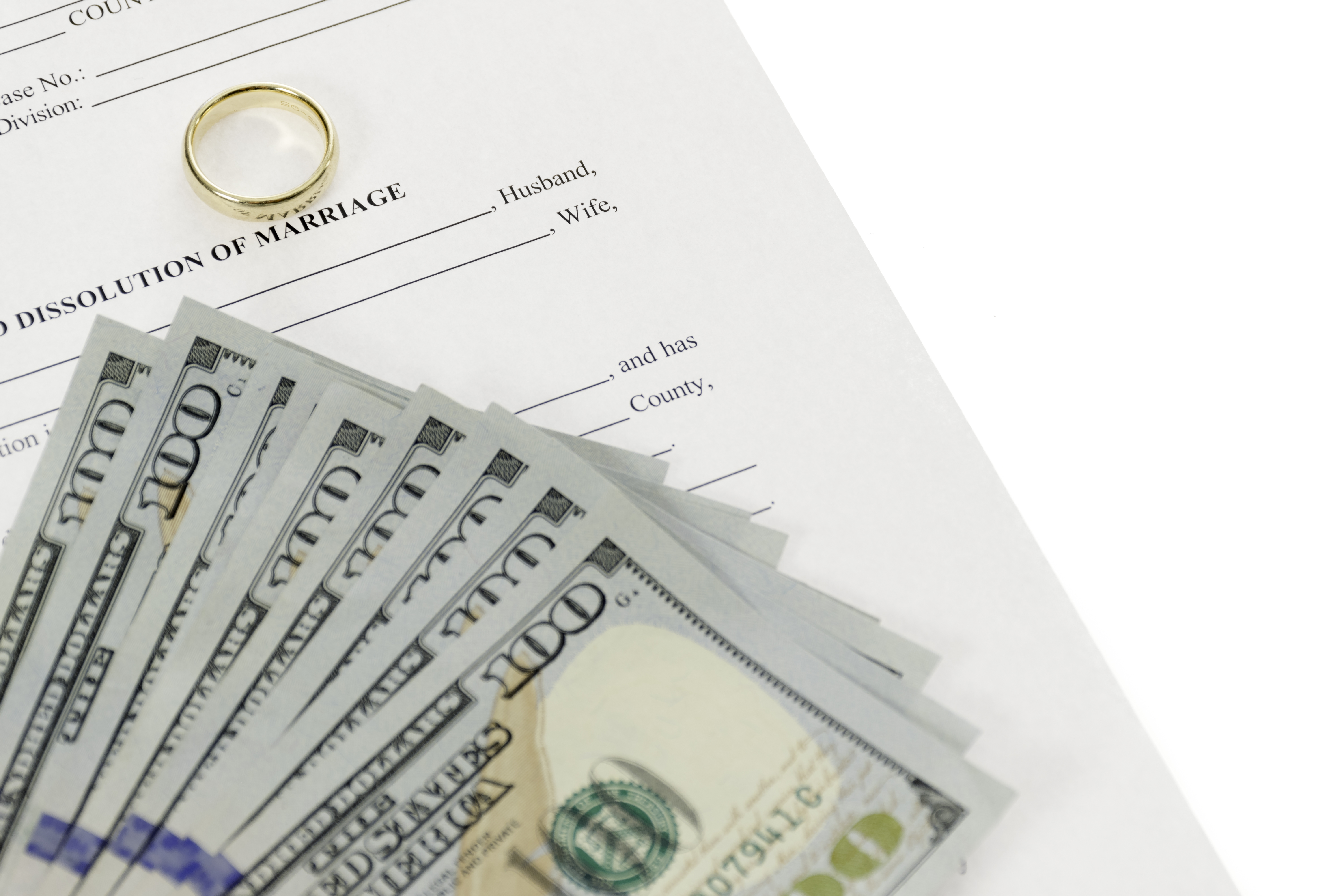CONTESTED VERSUS UNCONTESTED DIVORCE IN NASSAU & SUFFOLK COUNTY: THE BASICS

Very often, clients come to our firm and tell us that they want an “uncontested” divorce. Also very often, that client does not understand the difference between divorce cases which are considered “uncontested” versus those which would be designated as being “contested.” Ideally, all divorces would be “uncontested” but most of the time, at least at the beginning of a divorce case, the matter would be designated as a “contested” divorce. However, one should not conclude therefore that a contested divorce case proceeds immediately to court, as most contested divorces actually end up being negotiated and settled, without ever seeing the inside of the Supreme Court courthouse.
When parties desire to dissolve a marriage, there are many issues to deal with. Generally, the longer a marriage is, the more issues there are to resolve and those issues are generally more complex. As a fundamental issue in a newly commenced divorce, the question of grounds for divorce must be addressed. If the parties will proceed under NY’s “no-fault” divorce law (Domestic Relations Law section 170(7), then the issue of grounds is generally not a problem and soon becomes a “non-issue.”
Assuming then that there are grounds for divorce, if the parties have children under the age of 18, then custody and parenting time are issues to resolve. If the parties’ children are under 21, then child support is also an issue. If the parties were married more than a very short time and their respective incomes differ, spousal support may be an issue. If there is a house involved, then the disposition of that house needs to be dealt with. Then, assuming there are assets such as retirement assets, bank accounts, investment portfolios, collections, cars, timeshares and other property of the marriage, all of these assets must be allocated between the parties pursuant to NY’s equitable distribution law. Additionally, if there is credit card or other debts of the marriage, then those must be allocated equitably as well. Accordingly, even if the divorcing parties demonstrate no acrimony towards each other and together wish to be divorced and are determined not to fight, unless and until all of the above issues, and possibly others depending on the facts and circumstances of a particular marriage, are resolved through a written settlement agreement, the case is considered to be “contested.” But once all issues are resolved and memorialized by the parties in a written settlement agreement that they each execute, the divorce is then considered to be an “uncontested” case from then on, and in fact, is submitted to the Court for a judgment of divorce as an uncontested divorce.
There are however instances when divorces appear to be uncontested from the very start. If for example, the parties are married a very short time and have no children and have acquired little or no assets or debt during the marriage, an experienced matrimonial attorney would probably consider that fact pattern to mean an “uncontested” divorce is probable, but, being experienced, that attorney should probably keep his or her fingers crossed hoping that nothing happens between the two parties which could, notwithstanding the apparent initial simplicity of the case, turn the case from uncontested to contested.
To better understand contested divorces and uncontested divorces in Nassau and Suffolk County and how your particular facts and circumstances could impact this important issue, you are invited to contact Robert B. Pollack, Esq., principal attorney of The Pollack Law Firm, P.C.
The Pollack Law Firm, P.C., serving clients in Nassau and Suffolk County, is always available to assist and represent parties in divorce and all other matrimonial and family law matters. Please call today to schedule a free consultation: (516) 938-3330.
DISCLAIMER: This article is intended to provide only general information for entertainment purposes and should never be relied upon as legal advice. One should seek the assistance of experienced matrimonial counsel to assist in explaining the law, options and making important decisions in any divorce, matrimonial or any family law matter.
By The Pollack Law Firm, P.C.: Divorce and all phases of matrimonial law, family law and mediation
